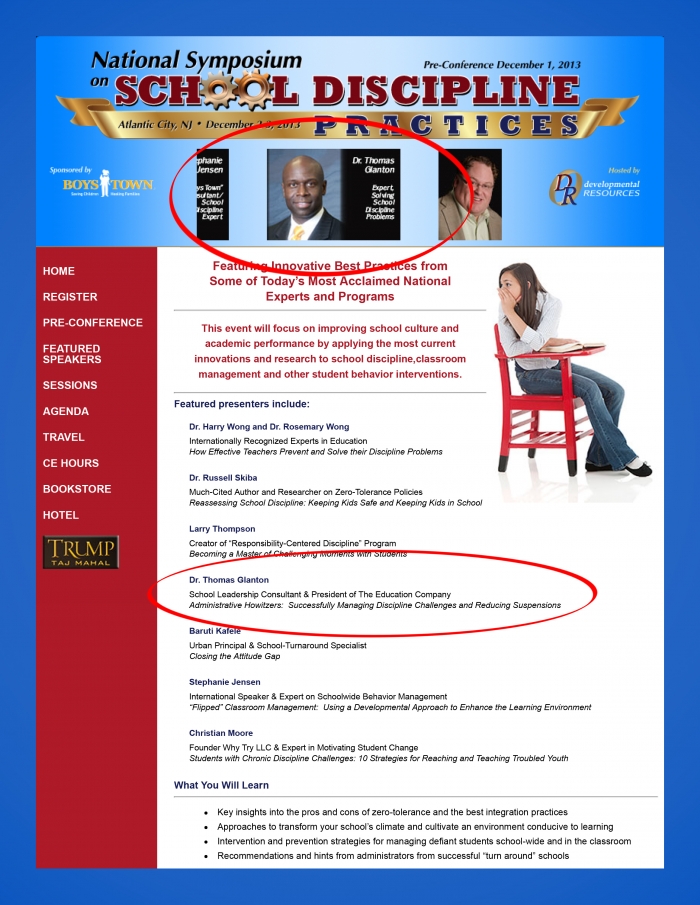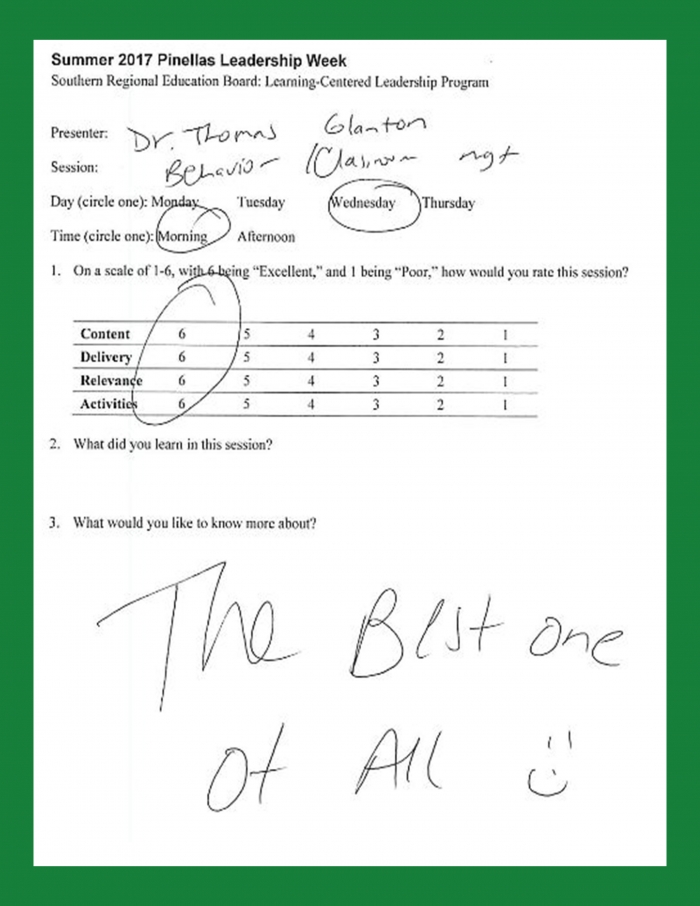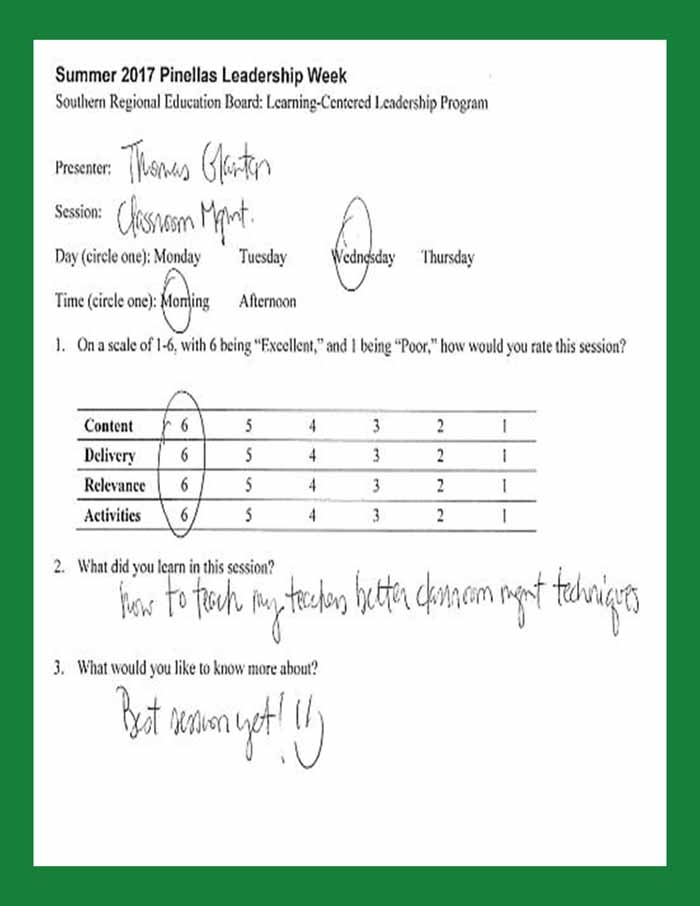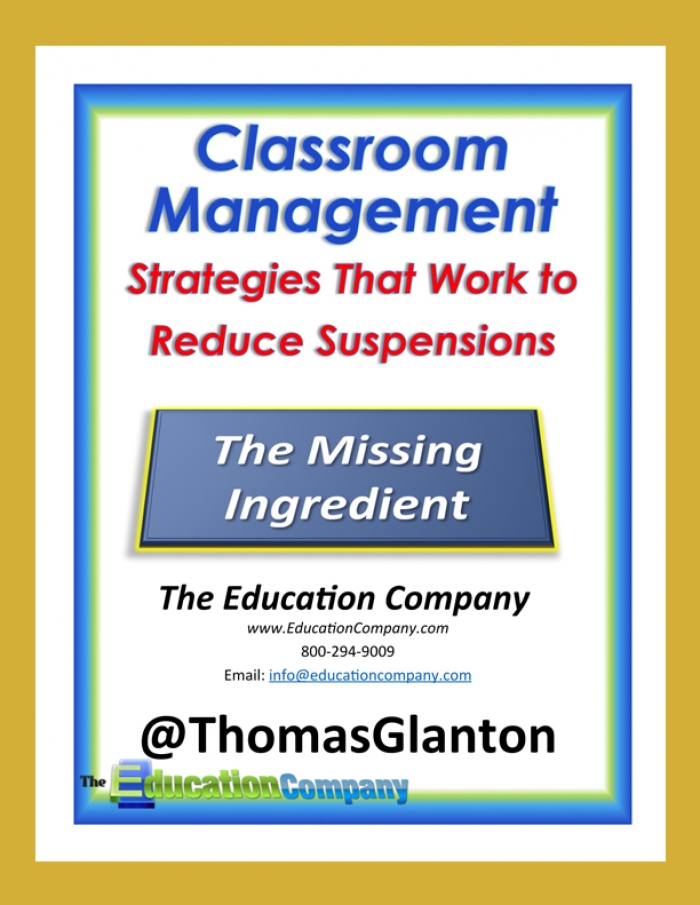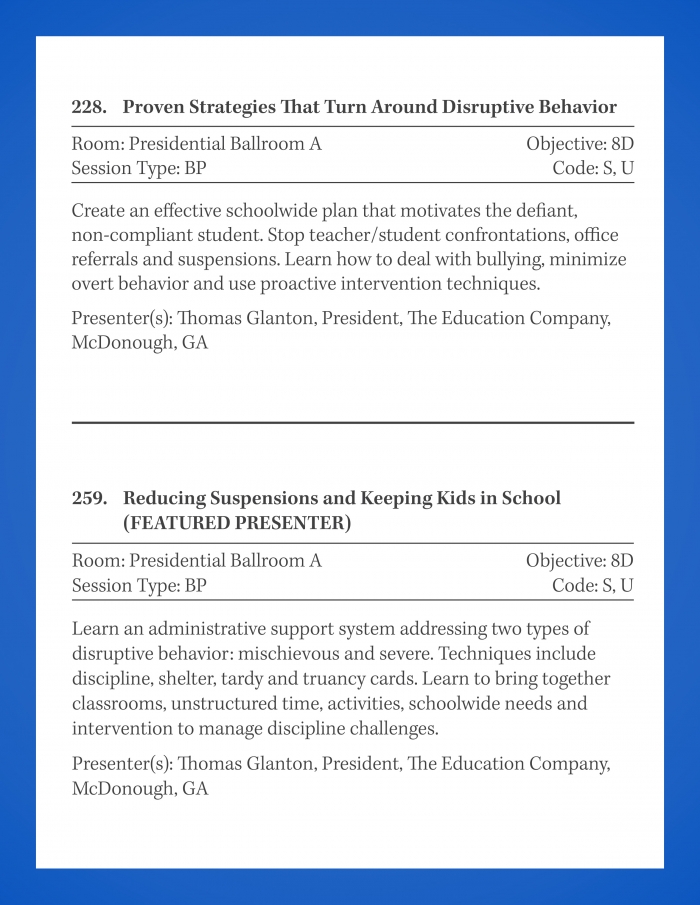In the fall of 2017, states are finalizing and submitting their Every Student Succeeds Act (ESSA) plans. While states will have additional flexibility in how they support students, there will be an increased focus in schools identified for improvement. Across the country, student growth will be prioritized and measured in a variety of ways across all student populations.
The Education Company brings an established track record to school improvement. In fact, a study in 2012 performed by the Legislative Research Bureau of the state of Georgia – A Review of School Improvement Consulting Expenditures and Results – sought to evaluate the providers of all school turnaround services in the state between 2006 and 2011. In the hundreds of schools working with partners over that five-year period, The Education Company deliver statistically significant literacy and math gains relative to the control group.
Everything that we do—from our methods, to our instructional content and the technology that underpins all our work—is grounded in our Six Essential Practices of Effective Schools.Research has shown that there are characteristics that all schools need in order to succeed, and as such, these practices lie at the heart of all of EDCO’s engagements, appearing in literal form in our rubrics and learning progressions.
These practice-based goals are combined with your own district teaching framework rubrics to ensure that the goals and practices you follow are best matched to your specific needs for professional learning.
The Education Company employs a Continuous Cycle of Improvement that builds leader and teacher capacity, allowing your schools to change in ways that support teacher and leader development to improve practices that impact student learning. No two schools are the same, nor will one approach work for every school. As such, each engagement begins with a diagnostic process, followed by a shared “Plan of Action” with input and collaboration from key stakeholders. Frequent monitoring of the plan through data collection allows us to engage in a continuous cycle of improvement where we can adjust the plan based on observation and outcome data. By modeling effecting teaching and leading in your school or district, we create a shared vision of effective instruction, a common goal for school success, and a higher expectation for student achievement.
The job embedded coaching model is central to our effectiveness. Only through this approach can we ensure the lasting behavioral change required in teachers and administrators to improve persistently low performing schools. Through this approach we gain deeper insight into teacher and administrator performance as well as a greater understanding of student, teacher and leader learning needs.
In addition to comprehensive job-embedded school services, we also have Comprehensive Needs Assessments which are a key part of a successful school improvement process. A Comprehensive Needs Assessment examines how the work in a school impacts the quality of the instructional core across classrooms. It provides an opportunity for a school community to reflect on its improvement planning processes and self-evaluate how well, and systematically, its educators make instructional decisions in service of student learning.



